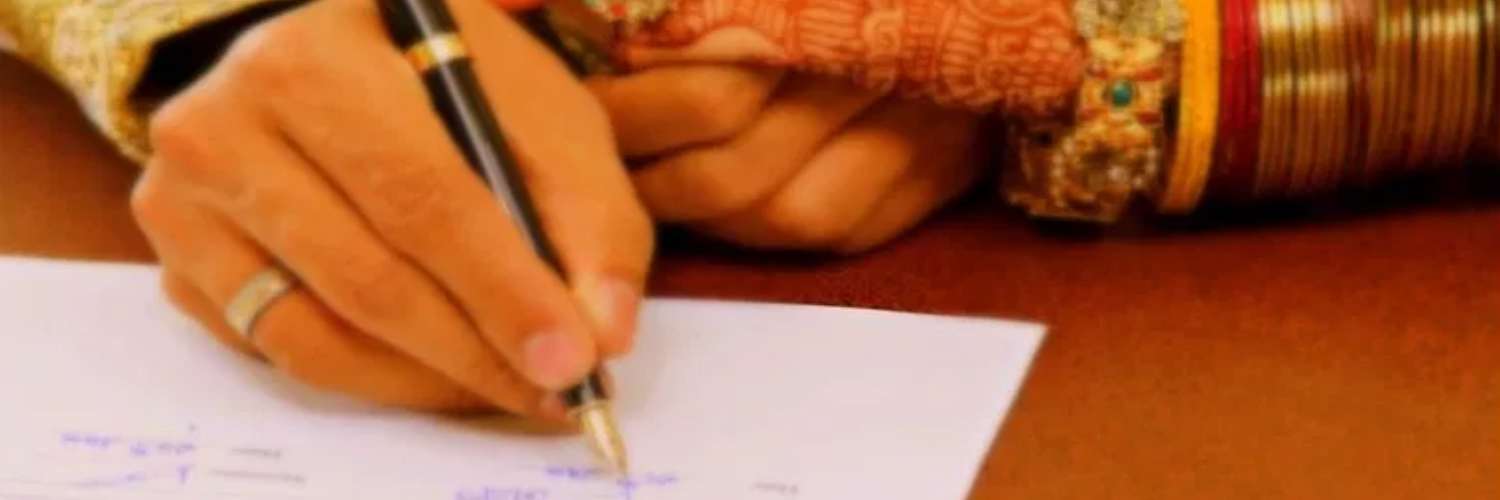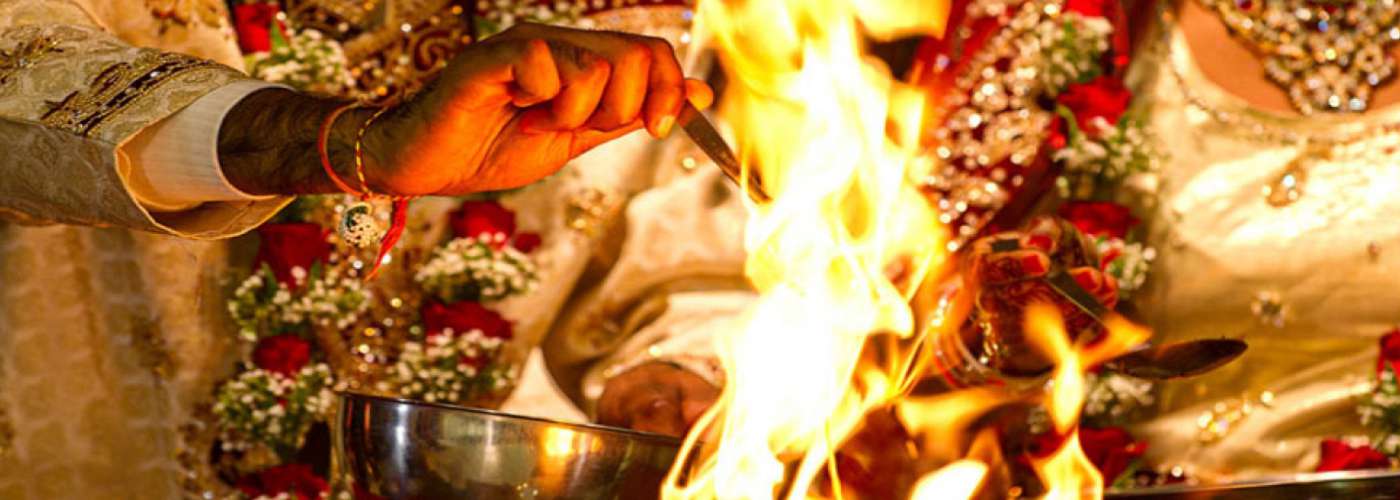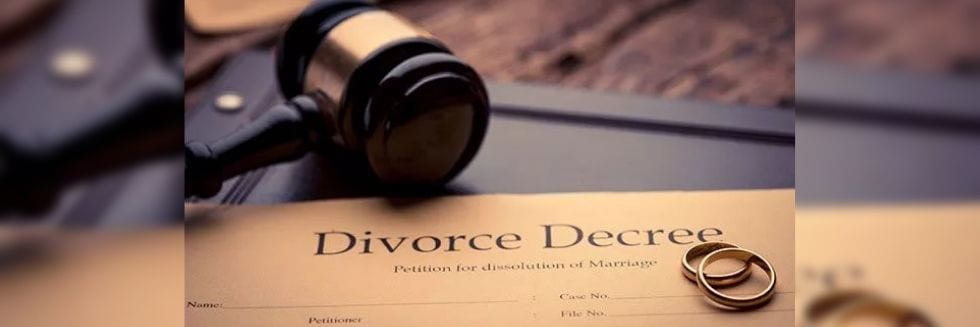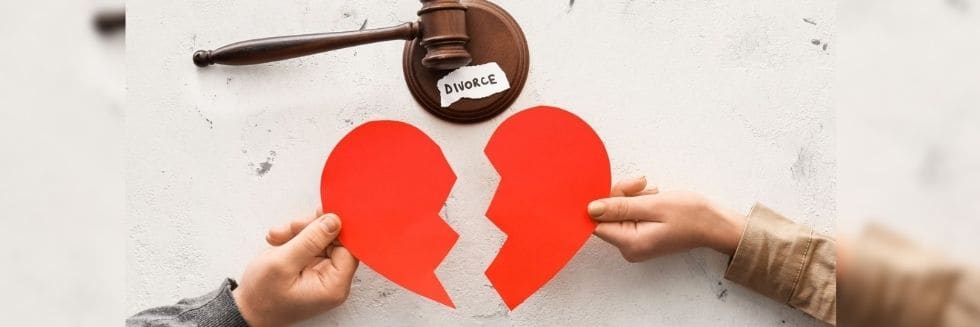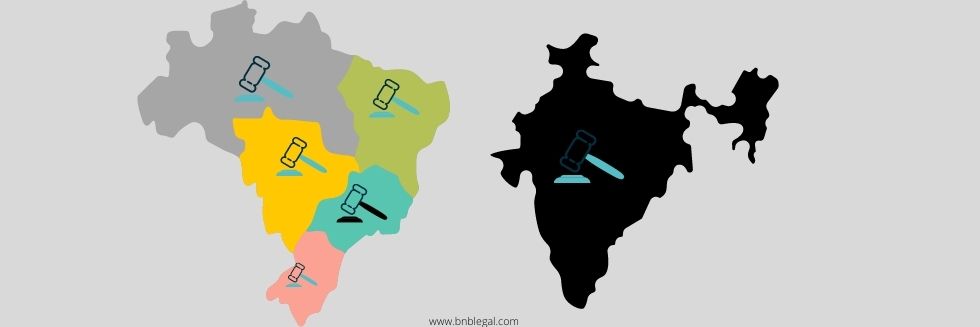How to Register Love Marriages in India
by B&B Associates LLP, Advocates and Legal Consultants
Love is a force of nature blessed by God, which can neither be taken away nor can be forced upon. However much we may want love cannot be demanded, there is very little control of man over the love he can command love as much as he can command air, moon, sun. Love is an absolutely natural feeling which is free from inheritance it can neither be bought nor sold. In this post, we dig deep into how to Register Love Marriages in the eye of law.
Indian laws also recognize the value of love among individuals, therefore, special laws are provided to individuals who want inter caste or inter-religious marriages. Generally, matrimony has different regard in different religion as according to Hindus it is a sacrament whereas according to Muslims it is a contract; therefore marriage has different meanings according to different religions but according to the law it is social approval to a couple to live together and start a family.
Generally, Marriages in India are registered according to personal laws i.e.
- Hindu Marriage Act
- Muslim Personal Law
- Christian Personal Law
According to law, love marriages are regarded as special marriages which are inter-caste or interreligious. And hence these marriages are not covered in other religion-specific matrimonial law like Hindu Marriage Act or Muslim Personal Law. All special type of marriages are covered under the Special Marriage Act, 1954
Special Marriage Act, 1954
Special Marriage Act is an act of Indian Parliament which aims to provide a special type of marriage for the people of India and all Indian nationals in the foreign country, irrespective of their religion or faith.
Objectives of this act were
- To provide a special form of marriage in certain cases
- To provide for registration of certain marriages
- To provide for Divorce
In case of love marriages i.e. when couple intends to marry without the consent of their parents than without following any religious customs a person can get his marriage registered under this Act in court.
The Conditions for Registration of Love Marriage under SMA, 1954
- Either of the parties should not be married to someone else during marriage i.e. marriage should be monogamous for both
- The bridegroom must be at least 21 and bride 18.
- The parties should be mentally sound, and they can give their valid consent at the time of marriage.
- The parties should not fall within the degree of prohibited relationship.
Judicial view on Love Marriages
The Supreme Court in a judgment Stressed: “inter-caste marriages are, in fact, in the national interest as they will result in destroying the caste system.”
In the case of Lata Singh Vs State of UP supreme gave a direct order to police and administration throughout the country “to see to it that if any boy or girl who is a major undergoes inter-caste or inter-religious marriage with a woman or man who is a major, the couple is not harassed by anyone nor subjected to threats or acts of violence”.
A similar type of case was filled in Delhi high court where a girl eloped with her lover and later on married her and the court supported her right to marry anybody she wishes.
Justice SN Dhingra in his judgment said “If a girl of around 17 years runs away from her parents’ house to save herself from their onslaught and joins her lover or runs away with him, it is no offense either on the part of the girl or on the part of the boy,”
The respected judge also quoted that “There is no law that prohibits a girl of under 18 years from falling in love. Falling in love is neither an offense under the Indian Penal Code (IPC) nor under any other penal law,”
Honour Killing in Love Marriage
Honour killing is the homicide of a family member on perpetration that the individual has brought shame to the family name. This is quite common after love marriage as families tries to kill the couple or either one of them, despite the advancement of society still, the orthodox thinking continues in our country and parents some time are so opaque that they come to this extent of killing their sons/daughters in the sake of so-called honour.
Right to Life and Personal Liberty is a fundamental right in Indian constitution when even state cannot violate this right then how a certain individual can be allowed to do the same.
So to ensure the protection of this right and that couple should be left undisturbed after marriage Indian judiciary has taken measures and the procedure can be followed to ensure protection after the marriage.
Procedure for Protection after Love Marriage
- Affidavits have to be signed stating that they have married according to their own free will and they are major
- A petition has to be filled in the high court by an adequate lawyer of the couple for protection
- Judges hear the petition and are convinced by the lawyers that the marriage is lawful and there is the threat by the family and there is an actual need of protection
- Husband and Wife have to appear before the court and are interviewed by the judge in context to their marriage, financial status, and family issues
- After reviewing the facts order is passed to the police for protection.
- According to Section 482 Crpc, High court has the power vested in itself to give orders for protection.
Even in cases where couples get married before their age of marriage protection is granted to them in essence of protection of life and liberty.
Provisions of protection homes are there in every district providing protection to the runaway couple. Police guards are posted around it. Though their liberty is surrendered there they have a full safety there.
So, marrying a person is a fundamental right and neither state nor an individual has any right to interfere in that as violating fundamental rights means violating the very essence of Indian constitution.
Related Acts
Parsi Marriage And Divorce Act 1936
Indian Christian Marriage Act 1872
Related External Articles:
Marriage in India is becoming less Traditional – Read more at The Economist
High Court rules in favour of love marriage – Read more at The Hindu
